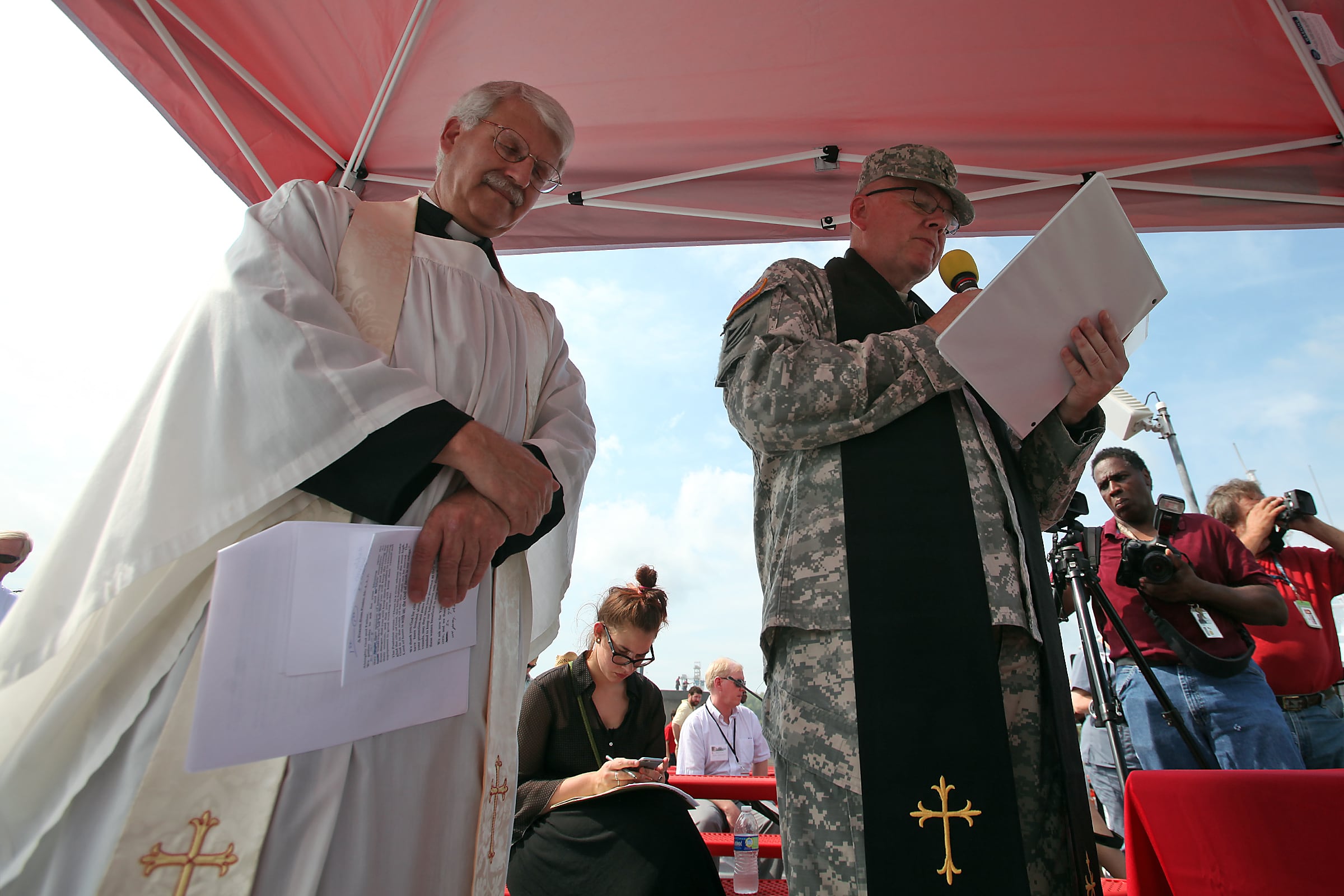WASHINGTON — Senate Armed Services Committee Chairman John McCain on Tuesday painted a dire picture of his relationship with Defense Secretary Jim Mattis and National Security Advisor H.R. McMaster, saying it’s worse than it was with Obama-era Defense Secretary Ash Carter.
“I had a better working relationship, back and forth, with Ash Carter than I do with an old friend of 20 years,” McCain said, referring to Mattis. He added that he has considered both Mattis and McMaster “friends of mine for many years.”
As McCain has waged a public battle with cancer, his penchant for asserting the Senate’s powers to check and balance the executive branch has only grown. On Tuesday, McCain implied national security officials have seen his committee as a rubber stamp, and he is using his seat’s powerful levers to conduct oversight.
“I think they had this idea, once that Trump won, that we are a unicameral government,” said McCain, R-Arizona, “and we have to do what we have to do.”
The Carter comparison says something, as Obama was McCain’s frequent foil. In Obama’s final year in office, McCain jousted with Carter and the administration over the defense budget, his reform efforts and his slow-rolling of DoD nominees. At one point, McCain vented over a frayed relationship between Congress and the Pentagon’s civilian leadership when Carter denied McCain a courtesy preview of the 2017 Pentagon budget.
It has appeared there might be a thaw in the senator’s relationship with the Pentagon. McCain said he was receiving information from Mattis about his strategy for Afghanistan and the Islamic State fight—and that he would not block a handful of Pentagon nominees from Senate floor votes.
On the other hand, McCain was in a war of words with the commander in chief. While accepting the Liberty Medal in Philadelphia Monday night, McCain warned the United States against turning toward “half-baked, spurious nationalism” — widely read as a repudiation of Trump.
Trump responded in a radio interview Tuesday, “I’m being very, very nice. But at some point I fight back, and it won’t be pretty.”
Still, McCain told reporters, “I’m not interested in confronting the president, I’m interested in working with the president.” When a reporter asked whether the relationship was so bad that McCain would not support anything Trump approaches him with, McCain took it as a suggestion he would shirk his responsibilities and blew up.
“Why would you ask something that dumb, eh?” McCain said. “My job as a United States senator from Arizona — which I was just re-elected to — you mean that I would somehow behave in a way that I would block everything because of some personal disagreement? That’s a dumb question.”
Earlier this month, McCain said he would refuse to advance Trump’s nominees to the Pentagon until he is satisfied the administration is communicating its plans for the wars in Afghanistan and Iraq. As SASC chairman, he sets the schedule for DoD nomination hearings and as a senator, he may request a hold on any presidential nominee.
It’s been nearly two months since Trump announced a new strategy, criticized for its vagueness, that involves sending more U.S. troops to advise the Afghan military. The Defense Department has acknowledged that it has 11,000 forces on the ground, more than the 8,500 previously reported, and that it plans to send an additional 3,000-plus.
On Tuesday, McCain told reporters he expects to receive soon some answers to questions on strategy and tactics that he has been waiting months to get. But he would not commit to advancing Trump’s picks through his committee until he has the information he’s been seeking in hand.
The Senate’s 79-19 confirmation Tuesday of David Trachtenberg, Trump’s choice for a deputy Pentagon post focused on defense policy, came about seven months after the nomination was announced. McCain said he did not block it because he was “partially satisfied with their commitment to provide us with answers to the questions.”
Of Trachtenberg, who has experience in the Pentagon and on Capitol Hill, McCain said, “I think he’s qualified.”
The SASC’s top Democrat, Rhode Island Sen. Jack Reed, said the way looks clear for other DoD nominees awaiting Senate votes, since the Senate is done with health care reform. John Gibson, the deputy chief management officer pick, Navy general counsel nominee Charles Stimson, and Owen West, Trump’s choice for assistant defense secretary, have ― like Trachtenberg ― been waiting since July.
Reed was supportive of McCain’s delaying actions as “the prerogative of the chairman” to pursue details about Afghanistan, Iraq and North Korea, saying, “I would suggest not only for Sen. McCain’s benefit, but the public’s benefit, that it be made clear.”
McCain’s frustration is, in part, rooted in fears the administration is unprepared to deal with the aftermath, should the Islamic State be defeated, highlighted by news Tuesday that U.S.-backed Syrian rebels have claimed to have taken Raqqa, the de facto capital of ISIS’ so-called caliphate..
“Again, we will not sit by without having a complete understanding of what is going on,” McCain said. “Raqqa just fell. Who’s going to take over? The Iranians are there, the Shiites. The whole situation is in chaos, as we predicted.”
Still, McCain said the committee is working with the administration on “a whole lot of other issues,” including the massive 2018 defense authorization bill. The House and Senate, as of Tuesday, are due to go to conference to reconcile their versions of the bill.
Joe Gould was the senior Pentagon reporter for Defense News, covering the intersection of national security policy, politics and the defense industry. He had previously served as Congress reporter.





